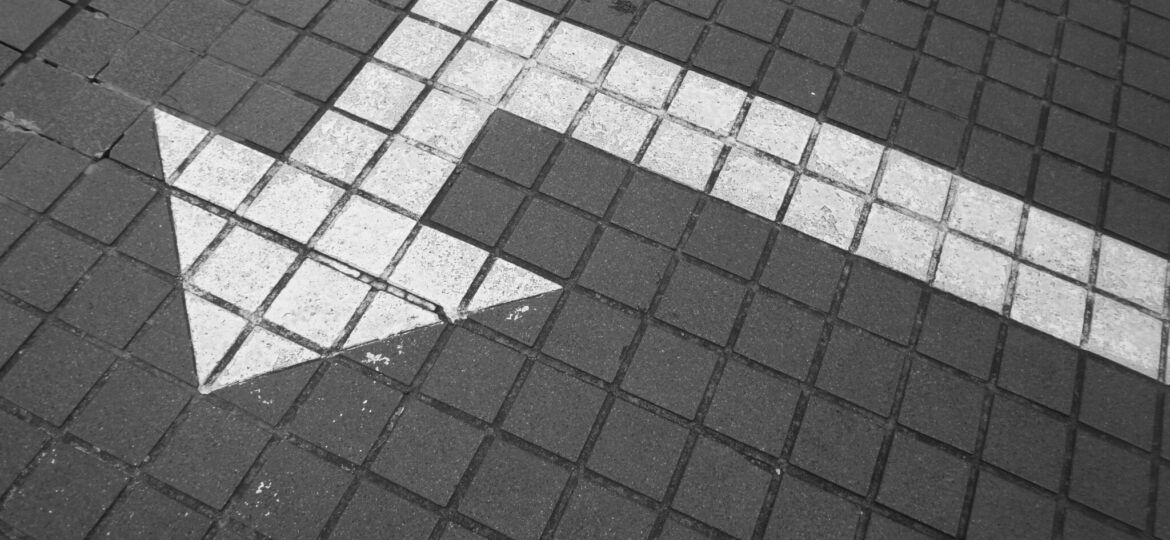
Sometimes my clients see trouble ahead and yet they don’t take action. There can be a variety of reasons why this happens, but it is usually because we get hijacked by our emotions. For me, this often shows up as avoiding the situation. I have a sense things might not turn out as I wish and I avoid looking into the data to make a good assessment. Instead relying on how I perceive things could turn out. I’ve seen this happen on a much bigger scale, for example in healthcare, where crippling staff shortages weren’t a surprise. Industry leaders saw them coming and didn’t act.
What’s going on?
Why are these highly effective leaders failing to take action? They are hijacked by their emotions. In my case, this could be dread of how I think things could turn out. It’s not something I want to face so I put it off. In healthcare, I observed the opposite, a reliance on a wildly rosy outcome, that everything would turn out ok if they followed the usual steps. The current staffing shortage has been an order of magnitude tougher than anything before. What worked in the past has not been effective.
When we get hijacked by our emotions, we revert to our core behaviors under stress. Fight, flight or freeze. For me, freeze comes in the form of avoidance. It’s better not to know. Fight shows up as blame. The unwillingness to take responsibility and instead blame others. It may feel good, but little if anything good comes from it. Flight often shows up as hopelessness. It doesn’t matter what we do, it isn’t going to work out so we get stuck in a mood of resignation.
How to avoid getting hijacked?
They key is taking and retaining personal responsibility. When we face tough situations, we always have a choice. We can react and allow ourselves to become hijacked, or we can choose to take responsibility. Most often, this will be choosing to seek data to challenge the emotion based assessments we are making. When we seek the facts, we can choose how to interpret them. In contrast when we let our emotions run wild, we can conjure up the wildest outcomes. Any rational person would laugh at these and yet we hold them to be true, allowing them to guide our action or inaction.
What is your typical response under stress? Are you choosing how you will respond or allowing yourself to become hijacked?


As always it will depend on the situation. It helps me to look at the situation and question if what I’m avoiding is within myself, someone else, or the situation in general.
When avoiding is the idea, then flight mode can show up through illusions and fantasies that it’ll work out … and it somehow often does. Fight mode is one that will show up if the other created the circumstances for it by trying to establish some kind of rigid control. And freeze mode will occur as a hopelessness when the situation I want to avoid comes along with a sense of overwhelm.
The work then is to notice the avoidance through the distractions I’m setting up instead.
Thank you Francoise. Great point the work is noticing have you are reacting. This is key!